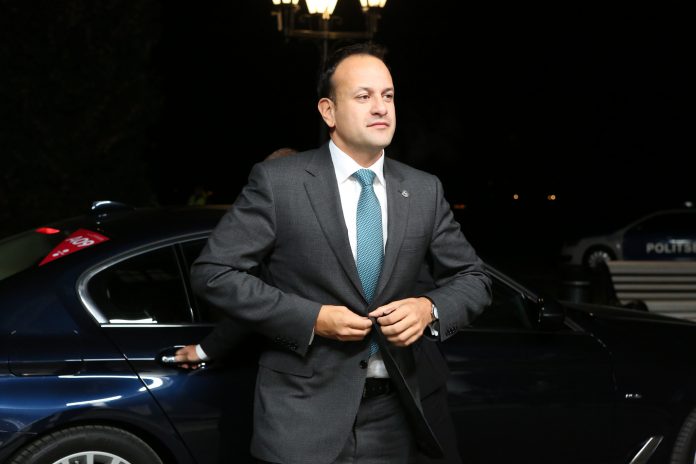The harmonisation of corporate and other tax rules across the European Union has been opposed by EU member states Hungary and Ireland. Both countries said such moves would damage competition in the single market.
Hungary, which relies heavily on foreign investment to power its economy, runs the EU’s lowest corporate tax rate at 9%, while Ireland’s 12.5% rate is also among the lowest in the 28-member bloc.
“Taxation is an important component of competition,” Hungarian Prime Minister Viktor Orban told a joint news conference with his Irish counterpart Leo Varadkar on January 4.
“We would not like to see any regulation in the EU, which would bind Hungary’s hands in terms of tax policy, be it corporate tax, or any other tax,” Orban said. “We do not consider tax harmonisation a desired direction.”
As reported by the Reuters news agency, there have been attempts to harmonise the corporate tax base in the EU, but those efforts have struggled to make headway as opponents say that would just be a foot in the door, eventually leading to harmonised tax rates.
Varadkar said the two leaders agreed that the European economy was strongest where there was competition among member states.
“We share a view as governments that we should continue to have competition among member states in terms of tax policy,” he said.
“We are very much of the shared view that countries should set their own taxation rates. Both for corporation taxes and income taxes.”
In November, the EU’s tax commissioner Pierre Moscovici said the European Commission was considering using extraordinary powers to strip EU states of their veto power on tax matters to break resistance over blocked legislation.

